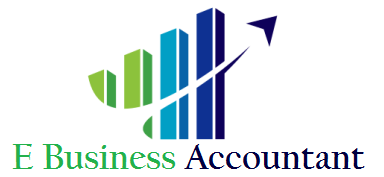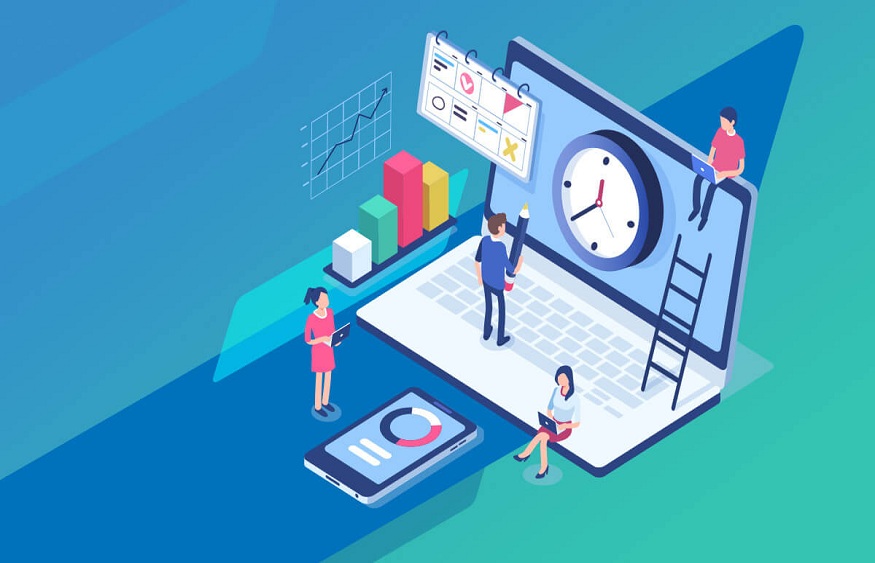Property Management System Software offers hotels and other lodging establishments numerous advantages for efficiently running operations and improving guest experiences.
Property Management System, or hotel revenue managementsystem is designed to streamline and automate various hotel operations tasks such as guest reservations and check-in, room assignment, and billing. Modern hotels depend heavily on these tools to enhance guest experiences while increasing operational efficiencies and revenue streams.
The revenuemanagement software represents a paradigm shift from manual methods to modern, technology-driven approaches. By centralizing and automating many processes, hotel staff can focus on providing high-quality services rather than being bogged down with administrative tasks, resulting in smoother operations, increased guest satisfaction, and enhanced financial management.
Advantages of Hotel Management Software (PMS)
- Centralized Management: PMS software unifies hotel operations such as reservations, check-ins/check-outs, housekeeping duties, and billing into one system – streamlining workflows while improving coordination across departments.
- Efficient Reservation Management: PMS software allows hotels to easily manage reservations, cancellations, modifications, and special requests for individual rooms within their establishments. This enables hotels to avoid overbooking situations while guaranteeing accurate room assignments.
- Guest Check-in and Check-out: PMS software streamlines guest registration, room assignment, and departure procedures with speedy automation for maximum efficiency. Guests enjoy quick registrations, quicker room assignments, and streamlined departure procedures that save them valuable time in check-in/check-out processes.
- Housekeeping Management: Hotel staff can use PMS software to better coordinate housekeeping efforts and increase guest satisfaction through better housekeeping coordination and guest satisfaction.
- Automated Billing and Invoicing: PMS software streamlines billing processes by automatically creating accurate invoices for room charges, additional services, and amenities – thus reducing manual errors while speeding up financial transactions.
- Guest Data Management: Property management systems store guest information, preferences, and histories so hotels can offer customized services and anticipate guest needs for future stays.
- Reports and Analytics: PMS software offers valuable insight through reports and analytics for hotel managers to study occupancy rates, revenue trends, guest demographics, guest preferences, and other essential metrics to make informed decisions about guest service delivery and performance.
- Channel Management: PMS software solutions often integrate with online travel agencies (OTAs) and other distribution channels, enabling hotels to manage room rates and availability across multiple platforms and maximize online exposure and bookings. This enables hotels to maximize online visibility and bookings.
- Inventory Control: PMS software can manage room inventory and other hotel resources like conference rooms, spa appointments, and equipment rentals.
- Mobile Accessibility: Modern PMSs feature mobile apps to facilitate hotel staff’s ability to manage operations and access guest data on the go, improving flexibility and responsiveness.
- Security and Data Privacy: Property management software contains features designed to secure guest data and financial records, essential in fulfilling data protection regulations while building guest trust.
- Guest Engagement and Communication: Some PMS software offers guest communication tools that enable hotels to send automated messages, promotions, and post-stay surveys that increase guest engagement.
- Workflow Automation: PMS systems automate repetitive tasks like sending confirmation emails, creating reports, and updating room availability so staff can focus on more value-added activities.
- Scalability: As hotels grow and operations become more complicated, their operations become more intricate. PMS software can scale to accommodate larger properties or multi-location chains while ensuring consistent management practices.
- Improved Guest Experience: One of the primary goals of using PMS software is to enhance guest satisfaction with seamless check-in, accurate billing, personalized services, and efficient problem resolution, all contributing to positive guest reviews and repeat business.
Hotel management systems offer numerous benefits for hotel staff and guests, helping streamline operations, enhance customer experiences, and increase overall efficiency.
- Efficient Reservation Management: Hotel management systems offer real-time booking and reservation management that allows guests to easily check availability, rates, amenities, and room charges in real time – thus eliminating overbooking risks while cutting down manual tracking time significantly.
- Automated Check-In and Check-Out: For an easier check-in and check-out process, guests can utilize self-service kiosks or mobile apps linked to a management system for automated check-in/check-out processes, thereby cutting wait times while improving overall guest experiences.
- Precise Billing and Invoicing: Our system ensures accurate billing by automatically calculating room rates, additional services charges, taxes, and any additional fees or charges associated with invoicing – thus eliminating errors and disputes related to billing issues.
- Inventory and Resource Management: Hotel staff can use inventory management skills to effectively oversee items like linens, toiletries, and room supplies in their inventory levels, helping maintain adequate stocks while preventing shortages from occurring.
- Housekeeping Coordination: Using this system can assist housekeeping staff with keeping track of room cleaning schedules, prioritizing tasks, and identifying rooms that need special care, leading to more effective room turnover rates.
- Data Centralization: All relevant guest and operational data should be stored in one central database, making it easier for authorized personnel to access and manage information quickly, eliminating duplication of efforts and confusion.
- Reporting and Analytics: Hotel managers can generate detailed reports on occupancy rates, revenue figures, and other key performance indicators to inform decisions that optimize operations and marketing strategies. This allows hoteliers to make better-informed decisions regarding operations and marketing strategies.
- Guest Profiles and Preferences: With its ability to store guest profiles, preferences, and past stays, the system allows hotels to customize services for returning guests to create a personalized experience.
- Security and Privacy: Guest information is securely stored within the system to comply with data protection regulations, with access only granted to authorized personnel.
- Online Presence and Marketing: Hotel management systems typically integrate with online booking platforms and channels, expanding the hotel’s reach while making managing reservations more manageable.
- Simplified Communications: By using this system, departments within a hotel can communicate more efficiently among themselves – for instance, front desk staff could inform housekeeping about room availability more efficiently, leading to improved coordination.
- Mobile Accessibility: Hotel staff can use mobile-friendly interfaces to quickly respond to guest needs by accessing their management system from anywhere on the property. This enables them to address guest inquiries swiftly and efficiently.
- Feedback and Reviews: Some systems offer guest feedback and review management features, enabling hotels to monitor and respond to guest reviews for maximum satisfaction.
- Employee Management: Our system can assist in overseeing employee schedules, tracking attendance, and allocating tasks among staff members for smoother staff operations.
- Scalability: When a hotel expands, its management system should easily accommodate increased operations, rooms, and guests without creating major disruptions in operations or for guests.
Conclusion
Adopting an efficient Property or Hotel Management System can make all the difference in an ever-competitive hospitality landscape. Such systems enable hotels to meet modern travelers’ expectations while streamlining operations and creating memorable guest experiences – something technology will only intensify over time. As it evolves, these systems may even play a greater part in shaping its future in the hospitality industry trends.

